From Tenerife transport with mules to vans and buses
Tenerife transport since the Guanche
conquest went a long way. It started with boats and ships on the ocean.
Mules and horses with or without carriages crossed the land which was
often on the Kings highway called Camino Real. The most typical was how
the Cochinero went about to get his merchandise all over the island.
What is a Cochinero?
The Cochineros of Icod el Alto
Our friend Modesto Mesa from Icod el Alto talks with much passion about a long gone era of his past.
His dad was one of few Cochineros which were traveling salesmen for live piglets.
They packed them into sturdy 'Cesta' baskets which flanked each side of a mule.
Needless to say, Modesto is now an avid island traveler on foot who seems to know every inch on mountain trails of Tenerife.
Then, the piglet dealer climbed with his cargo animal up the Monte the mountain to take a shortcut across the Cañadas del Teide. Eventually, he reached his base of customers who always expected his arrival eagerly.
The journey was hard and cumbersome for both men and beast. No location was remote enough for this profession on muleback which is now extinct. The cochineros went just about everywhere on Tenerife, such as Vilaflor, Valle de Arriba of Santiago del Teide and even further than Taganana in the Anaga Massif.
From Tenerife transport with mules to motorcars
The last Cochinero delivered his live cargo with a van after he had returned from Venezuela. Now, the live piglet sale profession by men on muleback has died out. Mules have become a very rare means of transport. You may still see some on mainland Spain but rarely on Tenerife or Gran Canaria.
Roads and freeways for Tenerife transport
Many roadways including the legendary one of 1996 to the mountain
village Masca were built last century. The European Union is much to be thanked for in this context.
Now, multi-lane motorways and according better infrastructure very much benefit tourism of locals and foreigners alike.
What about transport with buses?
Animals are not allowed on Titsa buses except tiny ones in cages or the like such as dog or cat pets with the exception being guide dogs.
In XXI more and more modern Titsa vehicles for wheelchair access were introduced to the puplic fleet.
Otherwise,
the new Cabildo President wants to treat the entire Tenerife South like a
mega-city with superb bus services. More about it at the end of
this article.
Titsa transport history
Titsa came into being in 1978. It wasn't always managed by the Cabildo the Tenerife Government but, is so lately. New changes are under way, again. Most probably, Titsa has more manpower than a total of 1500 people now. Staff in offices have diminished because of computers. However, more and more drivers are employed both male and female. They already served 50 million people up to 2007.
Train commuting of the Tenerife past
A tramway existed once between Tacoronte and the capital via La Laguna. It was in operation from 1901 until 1956.
People
lost interest in it after cars became all the rage. However, a growing
population, tourism and congested roads would demand alternative
transport a few decades later.
A new tram called Tranvia in Tenerife
Its inauguration was on June 02 of 2007 from the Tenerife capital to near Los Rodeos airport. This train system has free WiFi. You can only pay with Tenmas which is one option with Tenerife Guagua payment or via a mobile phone. More about paying for your public bus transport here.
As not to forget... There was much in the Media, a few years ago about a super fast intercity train for Tenerife. It would have been faster than the latest that is run in Japan. I shall keep you posted.
From Tenerife transport history back to Tenerife transport
A total new philosophy for getting around by bus in South Tenerife
16 new bus lines for Tenerife South from July 24, 2015 onward. They will be mostly for the South hospital and for the airport.

Please mind that the comment box below is meant to help others. In case you have a question or want to tell me something, kindly use this contact form.
This site is protected by Copyscape
Transfer wanted
in Europe?

Optica Columbus Best optician Tenerife North Important eye tests Call 922 387072
Insider

Note:
Text and images within this site are not to be copied or traded at any time. This regards online and offline.
Please respect my copyright
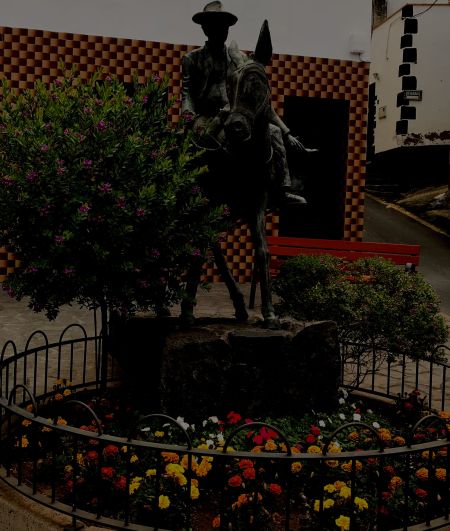
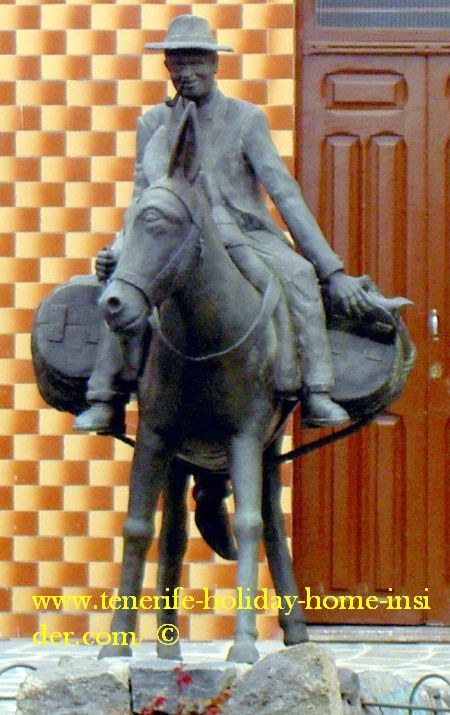
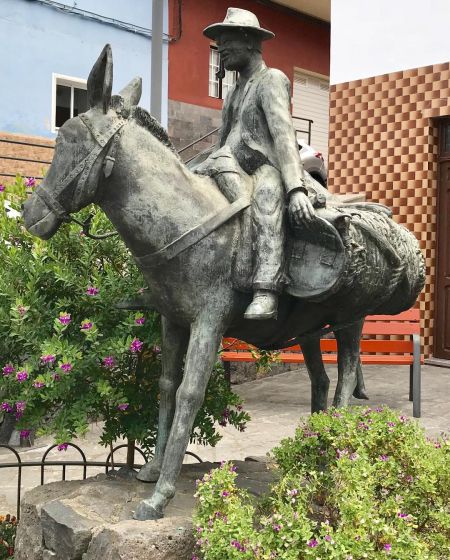
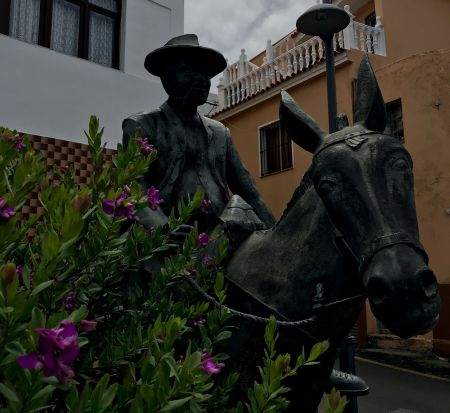

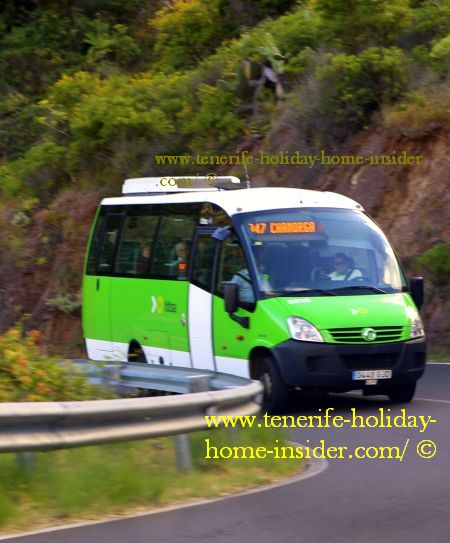


New! Comments
Have your say about what you just read! Leave me a new comment in the box below.